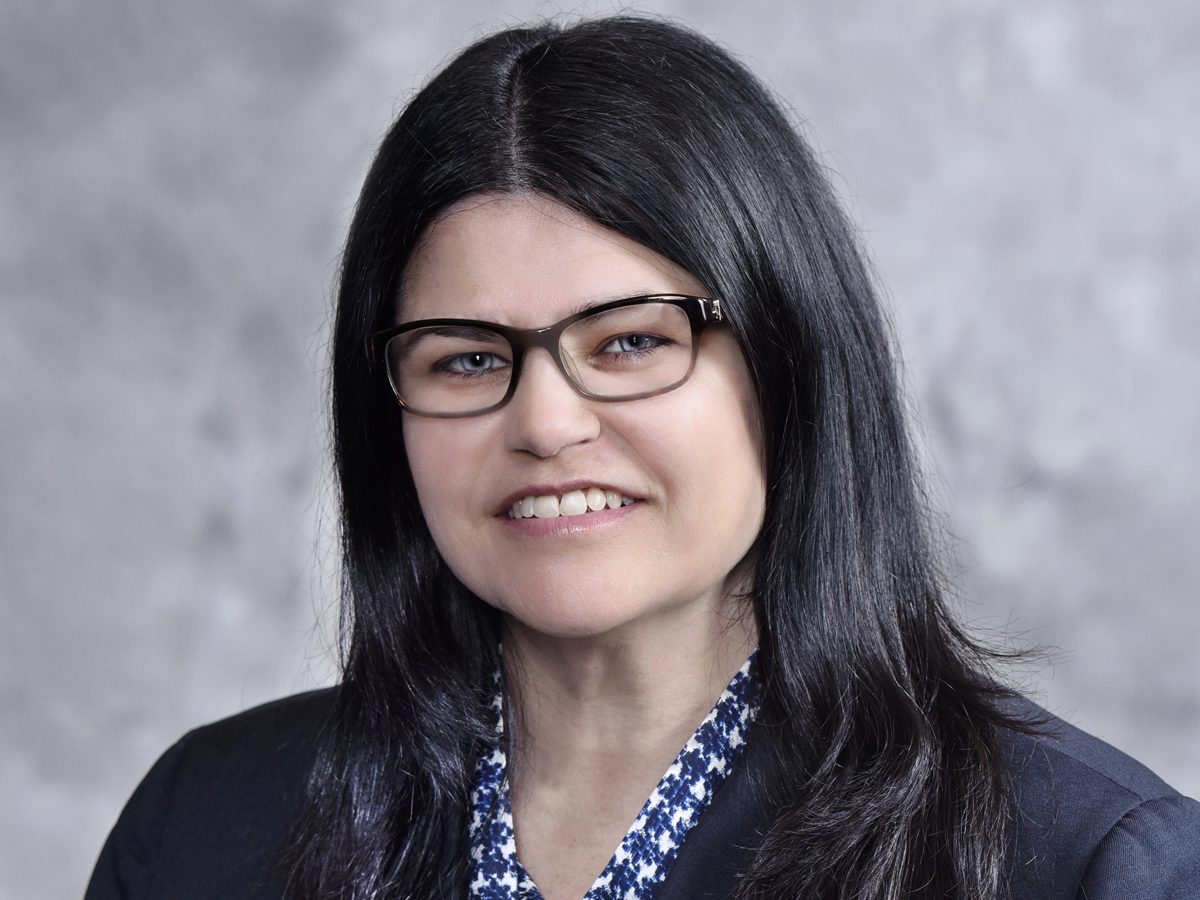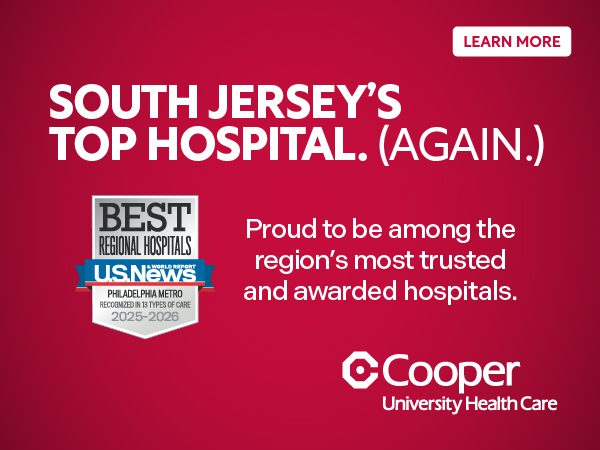Donna Antenucci
Integrating healthcare for all of South Jersey
When Donna Antenucci began her career nearly 3 decades ago as a young registered nurse, she says it was other nurses – determined, successful women – who mentored her toward a successful path in healthcare leadership.

Donna Antenucci
VP Clinically Integrated Network; President, Virtua Integrated Network
“I think they saw in me what I saw in myself – passion, compassion, empathy, vision, the ability to influence,” she says. “I had successful women around me who took the time to work with me and mentor me. I think just watching them and wanting to emulate them moved me in that direction.”
Now, in her role as vice president of Virtua’s Clinically Integrated Network and president of the Virtua Integrated Network, Antenucci oversees the largest integrated healthcare network in South Jersey.
“What we do is bring together different healthcare providers, including primary care physicians and specialists,” she says. “We assist in the management of populations of people who are high-risk due to high-risk medical and social needs. We work to educate them on how to be successful with their own healthcare.”
The network Antenucci leads is made up of more than 1,000 community specialists and 260 primary care clinicians. In the South Jersey community, more than 100,000 patients are directly affected by the network’s efforts. Vulnerable people and those who are negatively affected by social determinants of health like lack of transportation or food insecurity are identified, and the network provides the resources and specialist care necessary to help that person take back control of their life and health.
“By helping people in the community avoid the need for emergency services, we’re really trying to promote success at home,” Antenucci says.
“If you look, certainly over the last year, we’ve had a lot of challenges in society in general and in healthcare especially,” Antenucci says. “We’re trying to surround vulnerable members of the community with a team of professionals.”
Of course, a team is only as strong as its members, and Antenucci is proud of her ability to lead a group that’s capable of making real, lasting change to community healthcare.
“We’re looking to improve quality of care and ensure we’re bringing a lot of value to healthcare,” she says. “We’re working with folks challenged by the social determinants of health, we brought a team together who could address those challenges.”
“When you have strong women on your team, as we do, bringing all these diverse skill sets, it’s hard not to be successful.”
That team consists of a significant number of other promising, compassionate, influential women in healthcare.
“The staff, who certainly bring a wide range of skill sets in integrating physician relationships, and are just a diverse group of people, is a big contributor to what I think makes our team so special,” she says.
Antenucci feels it’s a vital part of her job as a leader, both in healthcare and in the community, to shepherd more women into the field and help them along career paths like her own.
“As a woman in healthcare I think it’s important that all women in leadership are paying it forward,” she says. “I think mentorship is an important part of my role. I’ve worked with so many employees who bring so much to the table: flexibility, the ability to be organized, an openness to difficult discussions. Many of them don’t even know they have these skill sets.”
But mentorship, Antenucci adds, is about far more than just providing encouragement.
“You have to start with knowledge – people in positions such as mine have to share that knowledge with other women – and that knowledge creates confidence, and then allows for self-promotion. With that, a woman can accomplish so much. One common trait in the leaders I see is humility and the desire to advocate for other women. I think it’s important we do that.”
What is a social determinant?
Virtua’s Clinically Integrated Network takes special care to help people struggling with social determinants of health, which simply put, are the conditions in which people live and work. For many people, this covers the simplest parts of life, things they take for granted. But for others, these factors are vital, and without them, they can lead to a lack of important healthcare services.
Things like:
• lack of transportation
• food insecurity
• access to education
• strength of a person’s social network
• the quality of housing
• economic stability
By addressing concerns across all those areas, Virtua’s Clinically Integrated Network is able to improve the overall community’s health and well-being.

Virtua.org | 888-847-8823

